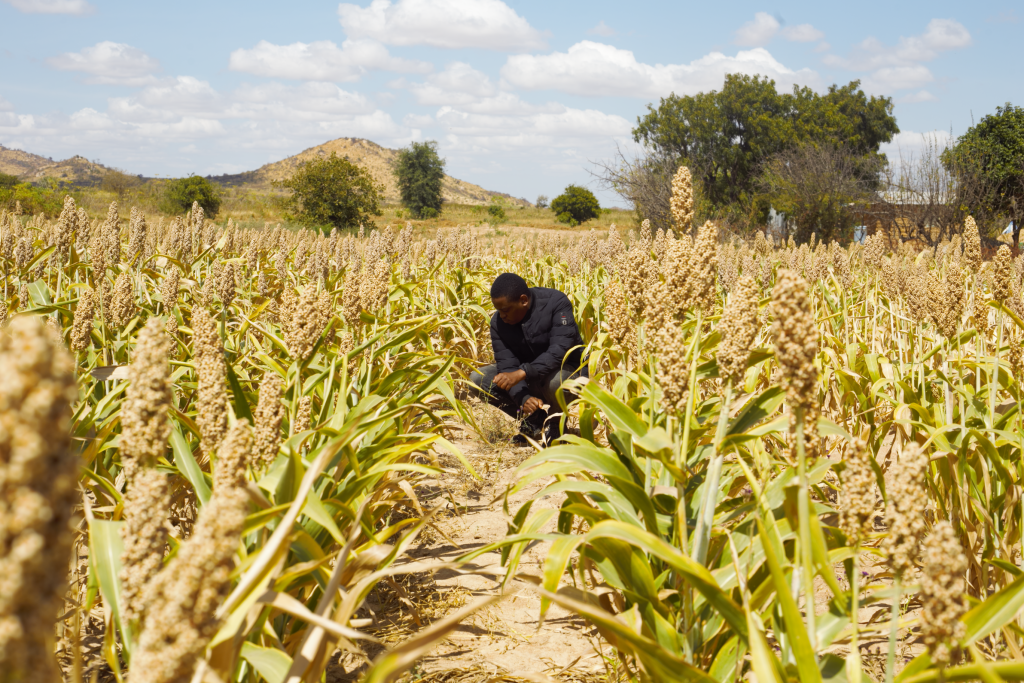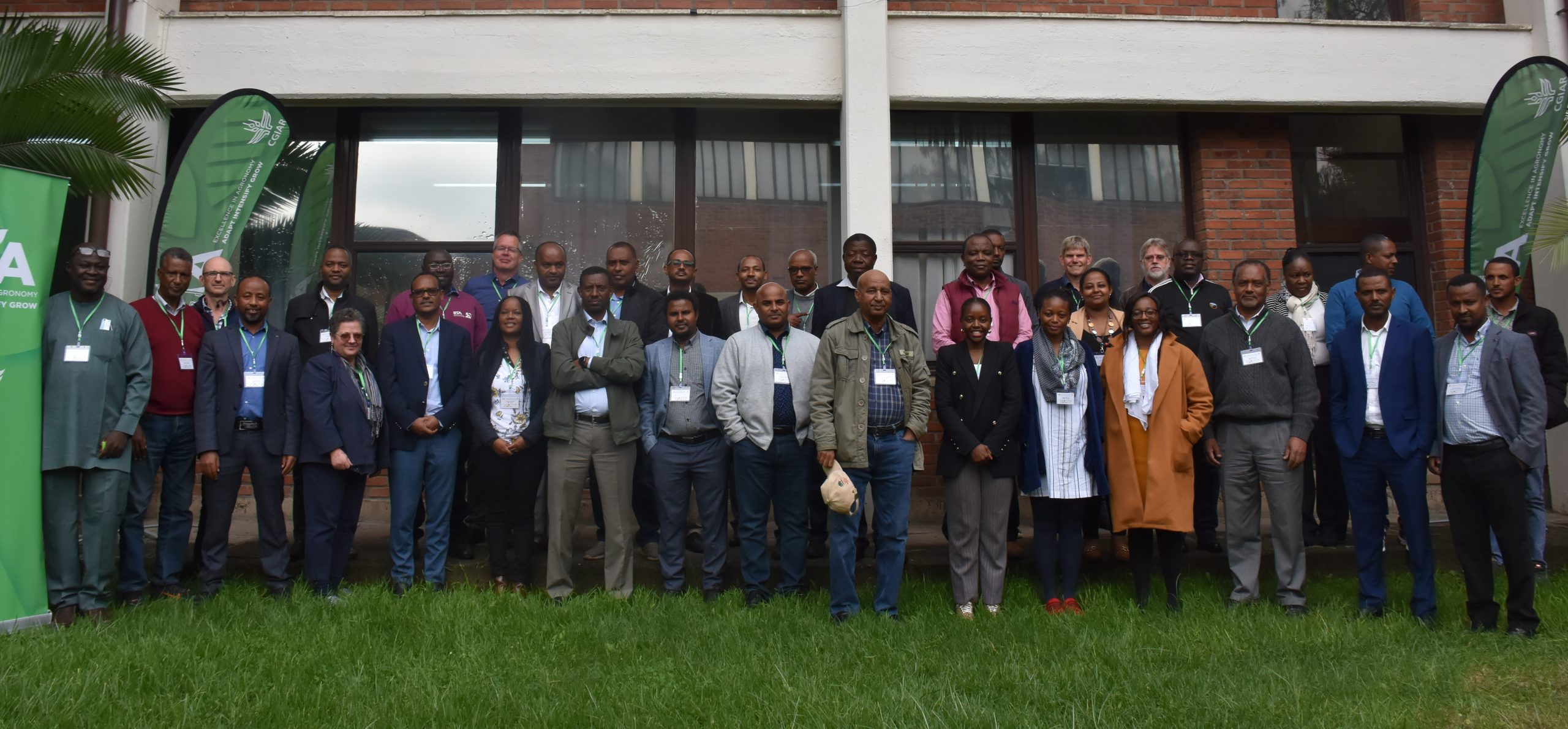New drought-resistant sorghum varieties bring hope for farmers in Africa
Scientists have identified drought-resistant, high-yielding sorghum genotypes that have the potential to revolutionize agriculture in dry regions of Africa. Sorghum, a staple food for millions in sub-Saharan Africa, has long been threatened by devastation from drought.
But now, researchers from the African Centre for Crop Improvement, the Institute of Agricultural Research (IAR), the International Maize and Wheat Improvement Center (CIMMYT), and the University of Life Sciences have discovered genetic resources that thrive under adverse conditions, yielding promising results and providing hope for a future that is more sustainable.
The study looked at 225 sorghum genotypes in various conditions, including non-stressed conditions and pre- and post-anthesis drought stress. The researchers used advanced statistical analysis, such as the additive main effects and multiplicative interaction (AMMI) method, to identify the most resilient and high-yielding genotypes.
The results revealed a vast diversity in the genetic resources of sorghum and provided a pathway for selecting promising genotypes for regions prone to drought. In addition, the study highlighted the significant impact of environmental conditions on grain yield, with genotypes showing variable responses to different growing environments.

For example, genotypes G144 (Kaura Short Panicle-1) and G157 (Kaura Mai Baki Kona) displayed higher grain yield in drought-stressed environments and were among the top performers. Not only do these genotypes outperform registered cultivars, but they also possess traits valued by farmers, making them ideal candidates for future breeding programs. In addition to drought tolerance, genotypes G119 and G127 displayed remarkable stability and high yield under non-stressed conditions, showing their potential as all-around performers in a variety of environments.
Farmers in dry areas of sub-Saharan Africa that are characterized by pre- and post-anthesis drought stress stand to gain a great deal from these newly identified sorghum strains. Adoption of these high-yielding and drought-resistant genotypes could increase food production and strengthen farmers’ resilience against the effects of climate change.
The findings of these super sorghum genotypes offer farmers facing the challenges of climate change a glimmer of hope. By adopting these new drought-resistant strains, African farmers can improve their food security and strengthen their communities, paving the way for a more resilient and sustainable future.

 Capacity development
Capacity development 
